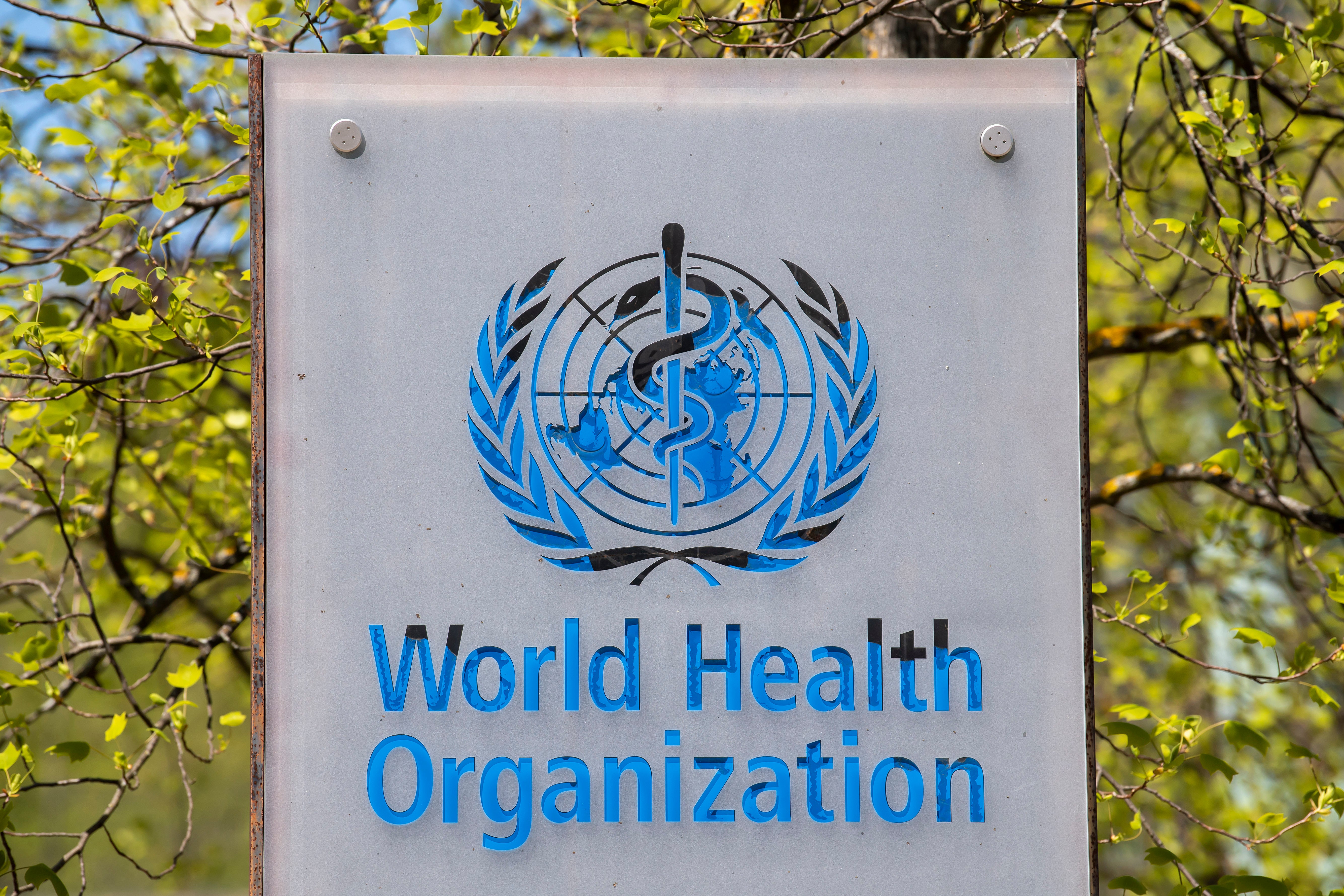Mpox: People urged to get vaccine before travelling to impacted areas of Africa
European Centre for Disease Prevention and Control says more important cases in Europe is ‘highly likely’
People travelling to areas affected by the recent mpox outbreak in Africa have been urged to get vaccinated by the EU’s public health body.
European Centre for Disease Prevention and Control (ECDC) updated its advice to people going to “epidemic areas” to “consult their healthcare provider or travel health clinic regarding eligibility for vaccination against mpox”.
The alert comes after the World Health Organization (WHO) declared a global emergency as cases of the disease surge.
More than 17,000 mpox cases and at least 571 deaths have been confirmed in Africa this year alone, and at least two cases have now been confirmed outside of the continent.
A new strain, named clade 1, has been identified and is spreading through physical contact. WHO says it has been identified in Burundi, Kenya, Rwanda and Uganda – all countries that have never reported cases of mpox before.
One case of this new strain has now been detected in Sweden, the country’s public health agency has confirmed. They say the person, who is now in isolation, had contracted it during a stay in an African country where other cases have been reported.

The Pakistan Ministry of National Health Services also confirmed its first case on Friday, saying the person had come from Saudi Arabia. Health officials said sequencing is underway to determine the strain of the virus the person had been infected with.
It’s also been said by a leading professor that the virus is likely to be already in the UK.
The ECDC said it is “highly likely” that Europe will have “more imported cases of mpox caused by the clade 1 virus currently circulating in Africa”.
Pamela Rendi-Wagner, director of ECDC, said: “As a result of the rapid spread of this outbreak in Africa, ECDC has increased the level of risk for the general population in the EU/EEA and travellers to affected areas. Due to the close links between Europe and Africa, we must be prepared for more imported clade I cases.”
The health body has increased its risk level assessment from “low” to “moderate” accordingly.

Mpox belongs to the same family of viruses as smallpox but causes milder symptoms like fever, chills and body aches. People with more serious cases can develop characteristic lesions on the face, hands, chest and genitals.
Formerly known as monkeypox, the virus that was first identified by scientists in 1958 when there were outbreaks of a “pox-like” disease in monkeys. The name was changed to mpox because it is inaccurate, with scientists suggesting that the virus may have actually originated from rodents.
This week WHO director-general Tedros Adhanom Ghebreyesus described the emergence and spread of a new variant of mpox as “very worrying”.
“It’s clear that a coordinated international response is essential to stop these outbreaks and save lives,” he said, as he raised concerns about the virus’s spread across international borders.
Subscribe to Independent Premium to bookmark this article
Want to bookmark your favourite articles and stories to read or reference later? Start your Independent Premium subscription today.


Join our commenting forum
Join thought-provoking conversations, follow other Independent readers and see their replies
Comments